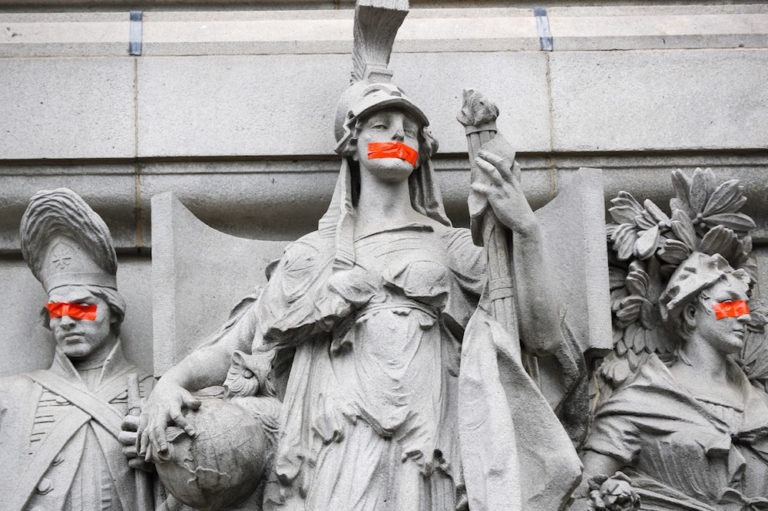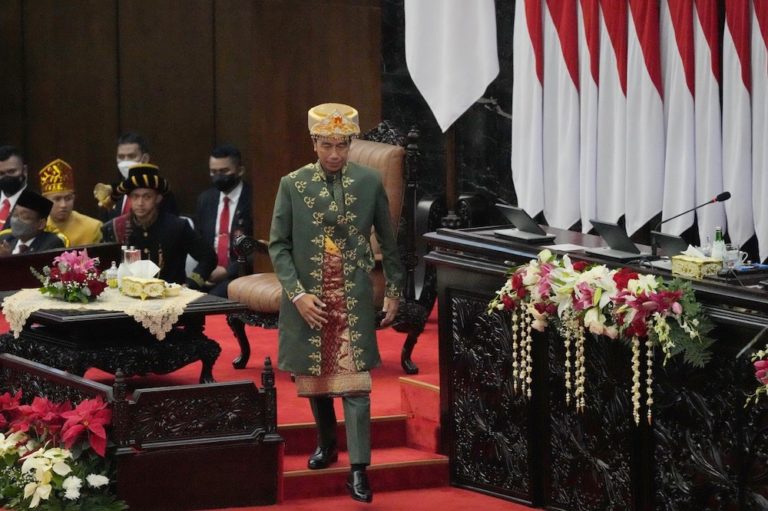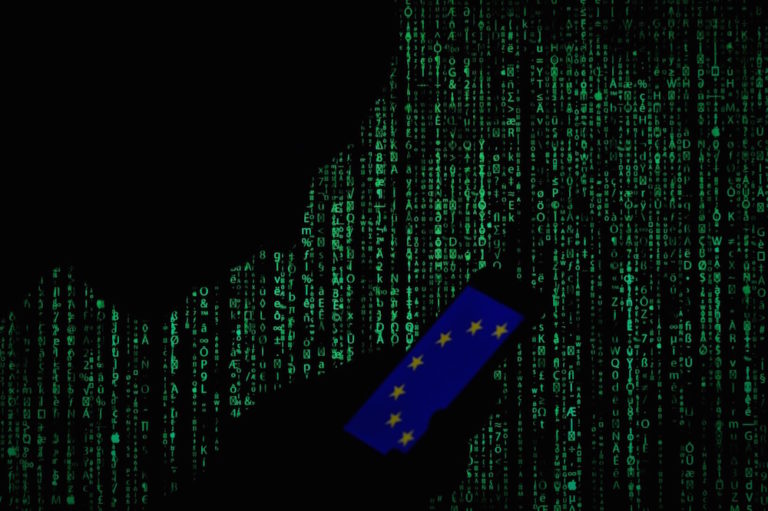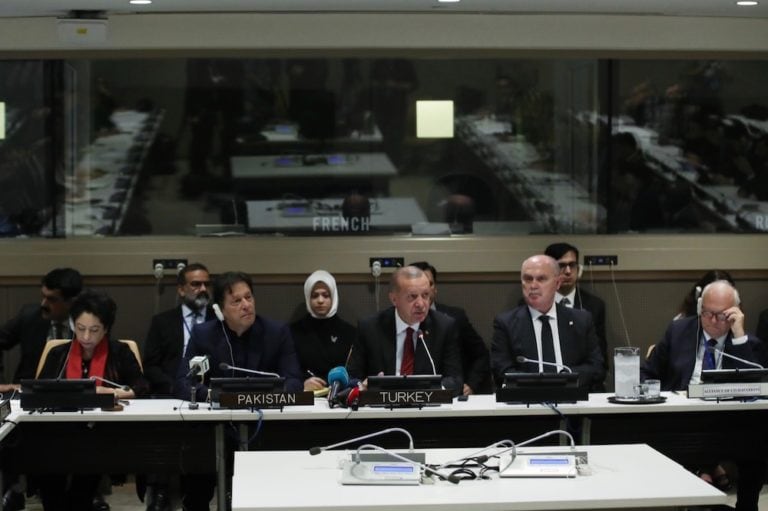Articles by Electronic Frontier Foundation (EFF)

It’s time for a federal anti-SLAPP law to protect online speakers
The United States’ fair and independent courts exist to resolve serious disputes. Unfortunately, some parties abuse the civil litigation process to silence others’ speech, rather than resolve legitimate claims.

UN Cybercrime Treaty: EFF calls for limits and safeguards
“We’ve seen vaguely worded international cybercrime laws misused to violate freedom of expression, target dissenters, and put them in danger. It’s paramount that the proposed treaty does not invite abuse and overreach by countries by obligating states to cooperate in open-ended investigations of ill-defined criminal matters” – EFF

Indonesia’s new draft criminal code restrains political dissent
Despite protests, Indonesia’s Parliament has received a new draft of the Criminal Code that threatens to further chill political dissent and civic participation.

Online platforms should stop partnering with government agencies to remove content
Government involvement in content moderation raises serious human rights concerns in every context, and these concerns are further troubling when the involvement originates with law enforcement.

Rights groups call on EU to withdraw proposal for new message-scanning regulation
“The Commission’s proposal would compel a broad range of technology companies to scan and analyse their users’ messages, in the name of fighting crimes against children. Email, texts, social media messages, and DMs could all be subject to plain-text access and scanning.”

EFF advocates for the “My Body, My Data” Act aiming to protect the privacy and safety of people seeking reproductive health care
The bill would protect people who, for example, use fertility or period-tracking apps or are seeking information about reproductive health services.

Speech-related offences should be excluded from the proposed UN Cybercrime Treaty
“Including offenses based on harmful speech in the treaty, rather than focusing on core cybercrimes, will likely result in overbroad, easily abused laws that will sweep up lawful speech and pose an enormous menace to the free expression rights of people around the world. The UN committee should not make that mistake.”

Colombia’s surveillance of lawyers’ group violated international law
A submitted amicus brief shows how Colombia’s intelligence law and unlawful surveillance practices are violating the right to privacy and other human rights.
